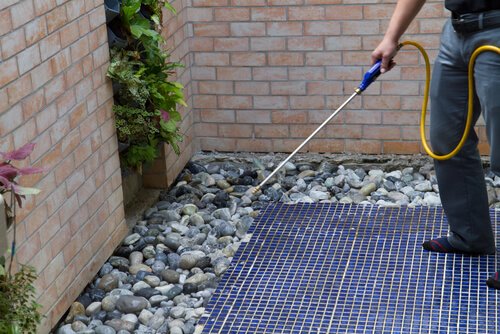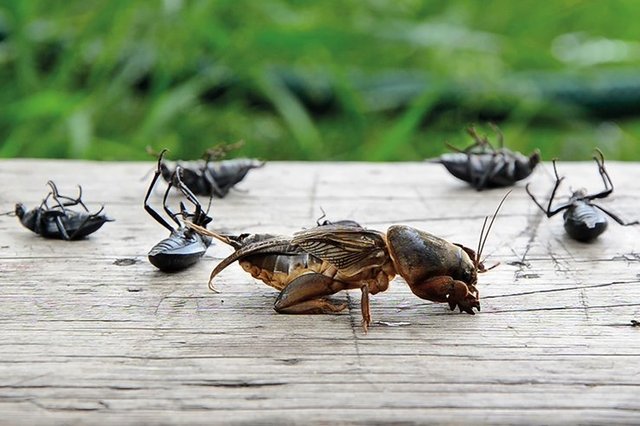There are situations in life that can be as disturbing and skin-crawling as discovering that your home is infested with pests. Pests are not only creepy, but they are disgusting and can damage clothing, furniture, or your health.
There are different ways to remove these pests permanently, and in this article, we have outlined the chemical methods that could be used to remove the pest.
Chemical control methods are one of the most widely used and effective pest control methods. The use of this method is because of its reliability and how it tackles pest infestation. However, it is important to know the following, irrespective of the type of pesticide that is used.

Insecticides
These are chemical products that are used to kill insects like cockroaches, flies, and ants. Insecticides are commercially available in different forms. It could be a granule-based insecticide or a spray, but they both kill insects. Also, the different forms have different areas of expertise.
Sprays are designed to kill flying and biting insects like fleas. Most of these flying insects die after they come in contact with the spray insecticide. However, some stubborn insects like bugs don't die easily
Granule-based insecticides are designed to handle crawling insects like ants. These insects often mistake then granules for food.
Rodenticides
This is a highly lethal pesticide and is popularly called rat poison. It is stronger than other types of pesticides because of how rodents are careful with the food source they encounter. It is important to note that rodenticides are deadly to all mammals, and as such, they should be handled with care. This is because they can pose a threat to household pets. Before using any rodenticide, it is important to read the manufacturer's instructions.

Other chemical control methods include heat treatment, which involves the use of heat to control pest, fogging, which involves applying a ULV machine, and fumigation.
Benefits of Chemical Methods
Here are some of the benefits of using chemical control methods:
- They are fast-acting
- Pesticides are relatively inexpensive
- Chemical methods are reliable
- They are easy to use
Precautions to take when using chemical methods
- Choose the right pesticide
- Read and allow packaging instructions
- Don't use more than needed
- Apply pesticides to affected areas alone
- Use spray when there's no wind
- Do not let animals or people into the treated area
- Open all windows and doors after treatment.
Chemical control methods are undoubtedly effective, but you need to know all that's mentioned in this guide before you start fight pests. With this guide, you can confidently and comfortably control pests in your home or office.
What non-chemical solutions to this problem can you suggest? I would really like not to use chemicals in my garden yet
Downvoting a post can decrease pending rewards and make it less visible. Common reasons:
Submit
Is it possible to use DIY methods to get rid of Aphids? I’ve heard that it is possible to use a mixture of cold water and soap in this case. I don’t believe that it would help in my case because there are already lots of them. But I don’t want to use chemical solutions in my garden and prefer more natural DIY methods. I’ve read an article about this on Pests Banned https://www.pestsbanned.com/, and it looks like there are some good all-natural solutions to this problem. What would you say about this? Will it work in aggravated cases, or have I considered something stronger? I really need to get rid of pests once and for all.
Downvoting a post can decrease pending rewards and make it less visible. Common reasons:
Submit